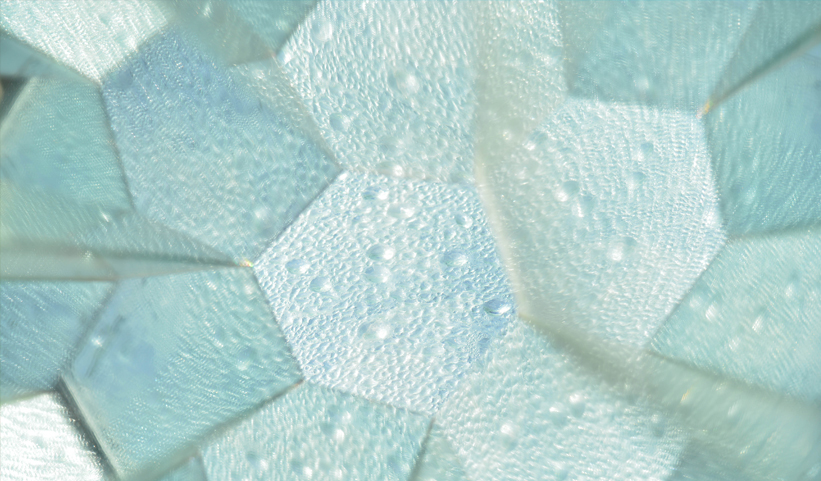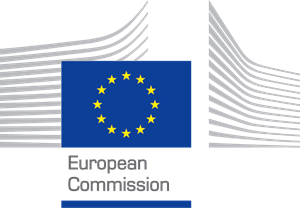Electrolysis innovation with PFAS-free technology

FAST2CHANGE: Fluorine-free materials for sustainable-by-design electrolysis cells towards the H2-based new generation of clean energy technologies
The FAST2CHANGE project is poised to revolutionize the field of electrolysis by implementing a sustainable-by-design strategy to create fully PFAS-free proton exchange membrane-based electrolysis (PEMEL) cells, targeting a Technology Readiness Level (TRL) of 4. The project aims to eschew the reliance on per- and polyfluoroalkyl substances (PFAS), which are typically used but carry environmental and health concerns.
This initiative lies in the development of four key components, each made from fluorine-free polymers: firstly, proton exchange membranes (PEMs) that are formulated from tetraethoxysilane (TEOS)-based hybrid materials; secondly, catalyst-supporting layers that promote efficient energy conversion; thirdly, transport porous and gas diffusion layers innovated with sol-gel processes; and fourthly, sealing elements such as gaskets and insulation plates made from sustainable materials like silicon, stainless steel, and high-performance plastics.
FAST2CHANGE aims to set new standards in the electrolysis industry by designing and testing these components to withstand rigorous operational demands. The project’s PEMs are expected to operate at high current densities and maintain low degradation rates. In parallel, the project is refining catalyst coating technologies with optimized ink deposition methods to enhance performance without the use of PFAS.
The project also extends its innovation to the sealing components by employing advanced technologies such as diamond-like carbon coatings and ceramic treatments to ensure robustness and durability. These efforts are complemented by an AI-driven approach that will streamline cell design, alongside a sophisticated testing platform that allows for comprehensive evaluation of the new components.
Our main tasks
- Implementing multiphysics modeling for the design of Proton Exchange Membrane Electrolyzer Layers (PEMEL) cells
- Incorporating a digital twin enhanced by machine learning algorithms to optimize cell performance and predict operational outcomes
Partners
FRAUNHOFER | IDENER.AI | IL SENTIERO INTERNATIONAL CAMPUS | RINA | TECNALIA | VTTStart date – finish date
03 / 2025 - 02 / 2028

This project has received funding from the European Union’s Horizon 2020 research and innovation programme under grant agreement Nº 101192325

